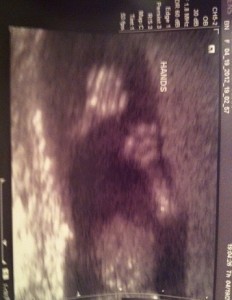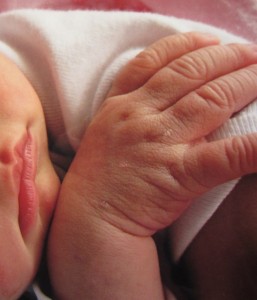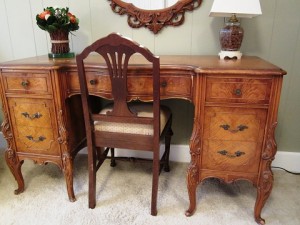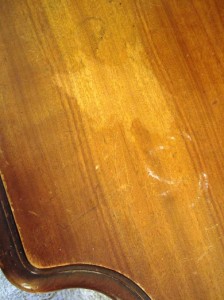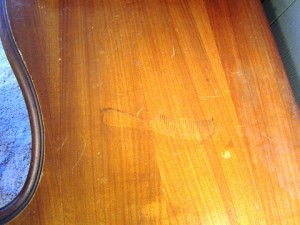Although I haven’t flown in planes too much, I’ve done enough to be at ease during take-off and landing, and nothing unusual has ever occurred.
Until today, that is.
Flying to Florida to spend time with Linnea and her active family of 5, I settled into an aisle seat bound for Orlando. About an hour before our destination, as beverages were being served, flight attendants began scurrying up and down the aisle with uncharacteristic urgency. Then suddenly the drinks were aborted, and one of them made a plea on the P.A. “Is there a doctor on board? Or a nurse? Maybe an EMT?”
We were in the middle of a medical emergency.
Toward the back of the plane a young woman had been reading when without warning she’d slumped into unconsciousness. Her seatmate, a stranger, alerted flight attendants, and she received quick attention. Staff rushed to the front of the plane and opened the overhead compartment closest to the cockpit, exposing a veritable hospital: an oxygen tank, stethoscope, blood pressure cuff, defibrillator, first aid kit, and more.
Grabbing all she could hold, an attendant raced back to the patient as a nurse-passenger cleared out the adjoining seats to make a bed on which the woman could lie down. Passengers became quiet except for one observer who said, “She turned an awful shade of green.”
None of us knows what’s right around the corner. When this woman dressed for her travel day, she had no idea she’d end up sprawled across 3 airline seats strapped into an oxygen mask. When we leave home each day, none of us knows if we’ll return.
Scripture says God watches over our comings and goings. I think that means from home to work to shopping to school to anyplace else. I also think it means coming and going on an eternal scale: we go from earth and come to paradise. We come to death but go through to new life.
It might also mean coming and going in and out of relationships, emotions, circumstances. In all cases, God is watching over us, and not just watching but guiding and guarding, too.
And how about the airline patient? Did he watch her sink into unconsciousness and do nothing about it?
He did watch her, yes, and he sent a nurse, made sure the proper equipment was on board, and had paramedics waiting at the open end of the jet-way when we landed. I watched 5 of them kneel in front of her ministering medically and encouraging emotionally. As the rest of us paraded past, headed for baggage claim, she was hedged in by protective care: a team of paramedics, plus God.
And just before we exited the plane, the flight attendant made one more announcement: “Sorry about the beverages, but thanks for understanding. We hope you fly with us again soon.”
“The Lord himself watches over you! The Lord keeps watch over you as you come and go, both now and forever.” (Psalm 121:5,8)



